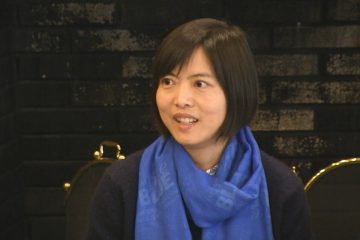Ginseng is very susceptible to fungus and as a result, it is sprayed with a variety of fungicides to reduce the chances of the plant building up a tolerance to just one chemical. Consumed as a holistic herb taken for general well-being, the residue of fungicides on the root is considered a harmful additive which detracts from its healing properties.
Robert Eidus, owner of Eagle Feather Organic Farm, explains how ginseng is not regulated for the presence of fungicides and as a result, much of the ginseng that is sold for public consumption is tainted with harmful chemicals. There is an alternative form of ginseng and that is in a wild-grown or wild-simulated root without the use of fungicides. Robert explains the organic method he uses to ‘immunize’ ginseng against the soil-born fungus.
By steeping goldenseal roots and rhizomes in hot water, he makes a concentrated tea that he uses to wash the soil in the raised beds. Once the soil has been washed with the antibacterial and antimicrobial properties of goldenseal, the ginseng seeds are then planted. To combat air-born fungus, Robert sprays the ginseng seedlings with horsetail. After it rains, a new coating of horsetail spray should be applied. While this method may be more feasible for smaller patches of ginseng, growing ginseng and goldenseal together may help reduce the spread of fungus such as phytophthora.
Provided courtesy of Forest Farming. Find them on YouTube at www.youtube.com/channel/UCA-ZP07pEpCzWuGGeI1veWQ







